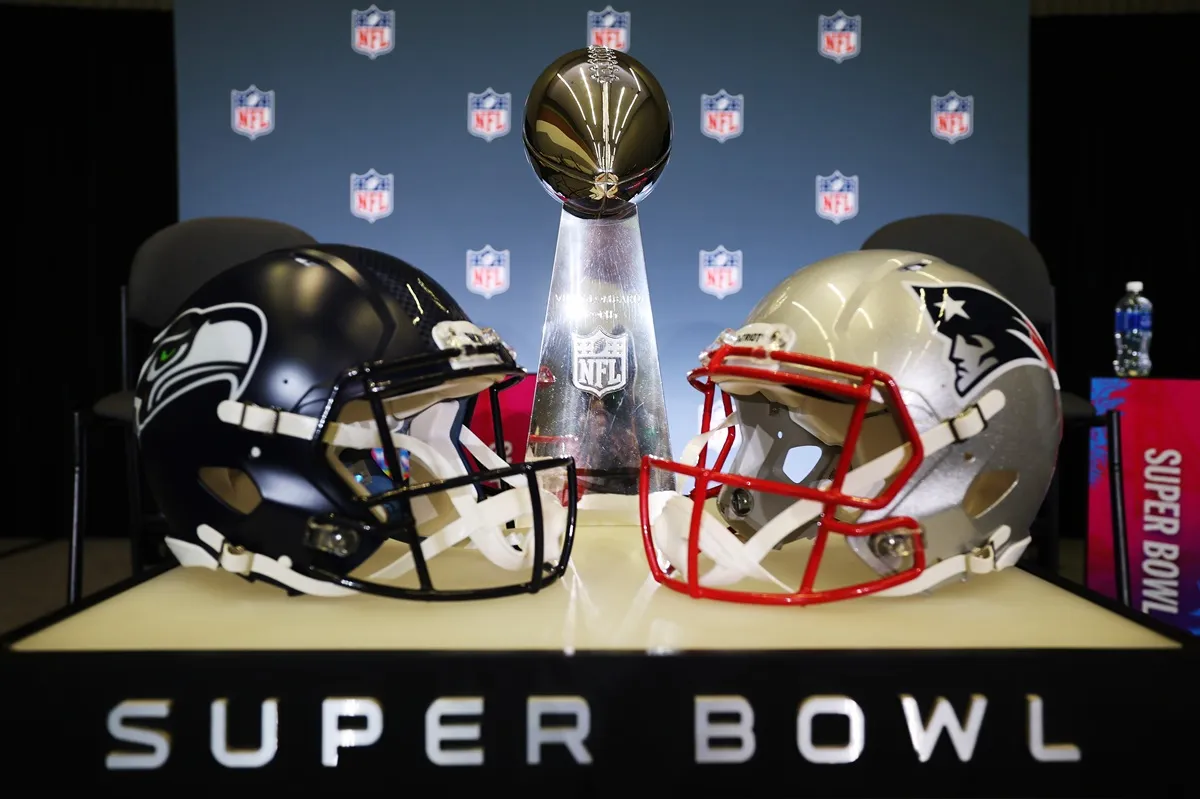What Is Bono’s Real Name?
Bono is probably one of the most well-known celebrities. He rose to fame in the band U2, but he’s also done a lot of humanitarian work and had many other creative projects.
At the same time, Bono has been the object of controversy in the past. When U2 released their 2014 album, Songs of Innocence, by having it download to every iTunes store customer without warning, they were criticized for spamming potential listeners.
Bono has also been described as having a “messianic complex,” and coming across as holier-than-thou in his public persona. Regardless, Bono and U2 have had a profound impact on the music world, and have millions of fans across the globe.
What does “Bono” mean?

Bono is actually a stage name. In Bono’s adolescence, he was part of a “surrealist street gang” called Lypton Village that gave each other strange nicknames.
Members of this gang included other musicians such as Gavin Friday, who would go on to be part of the cult goth band the Virgin Prunes. On a street that members of Lypton Village would frequent, there used to be a hearing aid store called Bonavox.
Members of Lypton Village started calling Bono “Bonavox” after this shop, and eventually they started shortening it to just “Bono.” “Bona Vox” translates to “good voice,” so maybe it was fate that Bono would go on to be famous for his singing!
Bono and U2
Bono joined U2 in 1976, while still in secondary school. The band name came from a friend, and members of the band liked how “ambiguous” U2 sounded. For years the band was somewhat underground, and they received their first charting songs in 1981 with the album October.
Throughout the 1980s U2’s success grew, and their 1985 live performance for Live Aid Ethiopian famine relief cemented them as both a major rock band and a group of people interested in humanitarian causes. Their musical style diverged significantly in the 1990s, when they sought to take more influence from newer trends in alternative music.
Bono and the rest of U2 were interested in the new industrial genre and also became more sardonic with their music and lyrics. U2 has always been political, but much of their political music of the 1980s had been very earnest, with songs like “Sunday, Bloody Sunday” being sincere expressions of pain and grief.
Their late 90s album Pop and its accompanying PopMart Tour were, in contrast, satires of consumerism in music and pop culture.
In the 2000s it was clear that U2 was an established giant in the world of rock music. U2 have done highly successful anniversary tours for older albums, but continue to release new material. Similarly, Bono has never stopped being socially conscious and raising money for various causes, including fighting malaria, raising awareness of poverty’s impact on women, and fair trade.
Bono’s real name
Bono’s real name is Paul David Hewson. You may have noticed that Paul and David are both biblical names.
Both of his parents were religious, although they belonged to different denominations. His mother was a member of the Church of Ireland and thus part of the Anglican communion, while his father was Roman Catholic. Bono attended church with his mother and is still a practicing Christian today.
While Bono continues to use his stage name with U2, he hasn’t abandoned his real name. He’s been married to Alison Hewson since the 1980s, and their children take the name Hewson. One of Bono’s daughters, Memphis Eve Sunny Day Hewson, has even gone on to become famous herself as an actress.
Most fans probably knew that Bono wasn’t the U2 frontman’s real name. But there’s a story behind both Bono’s real name and his stage name. These stories are fun to learn about, and ultimately add a lot to what we know about the man, his art, and his work.


